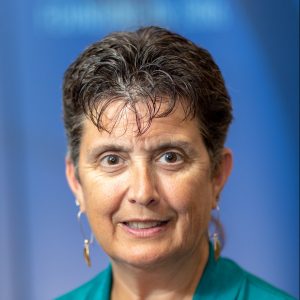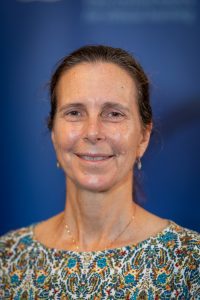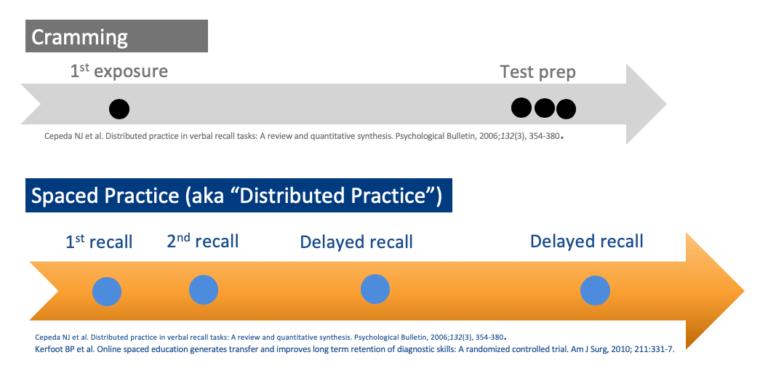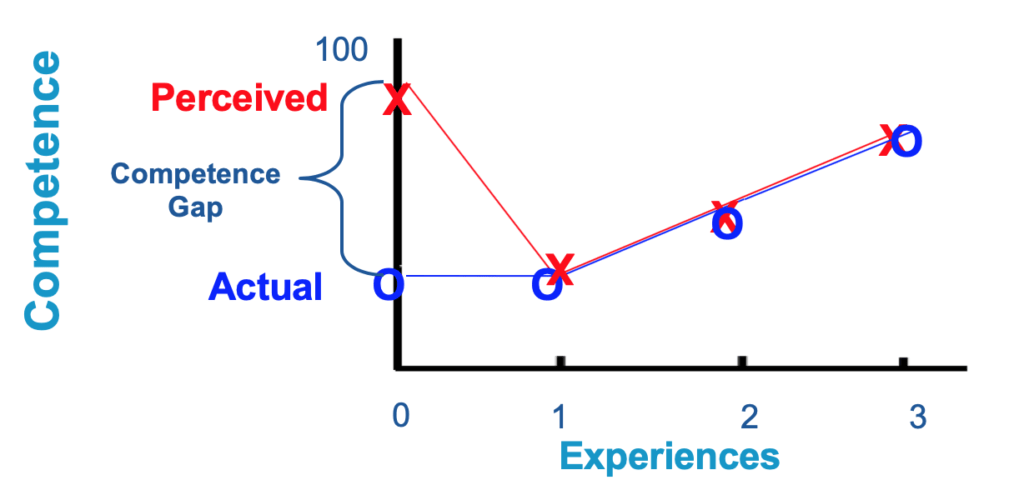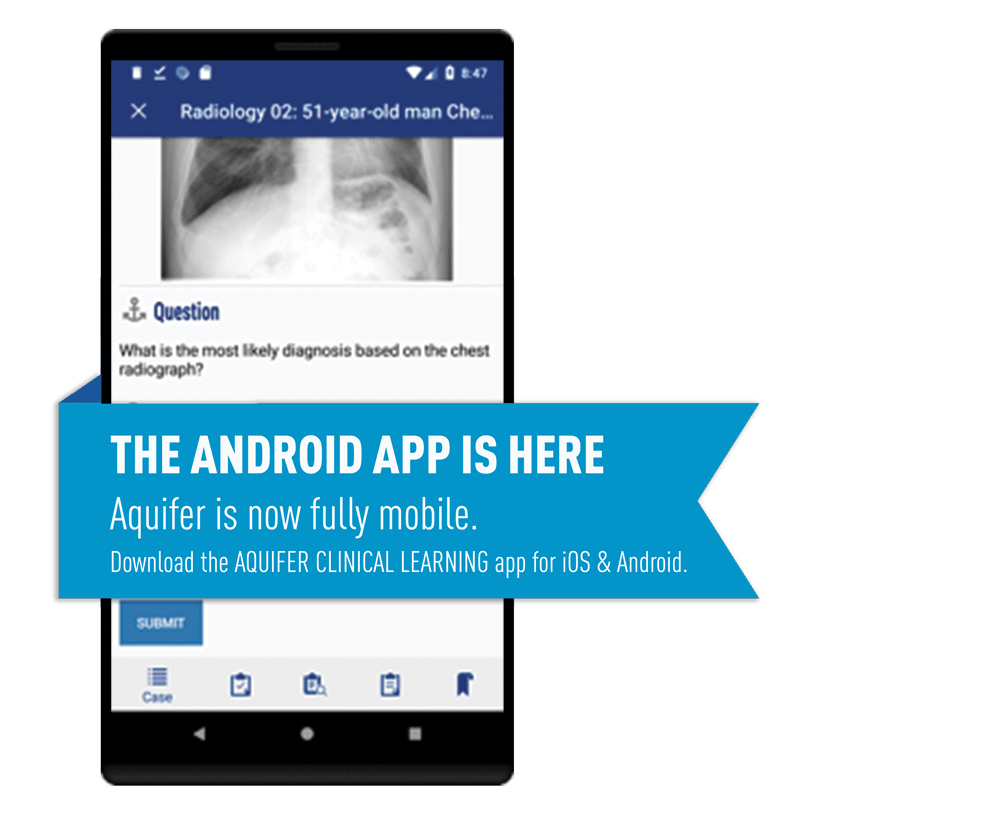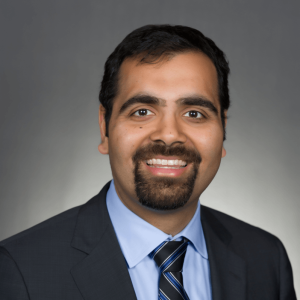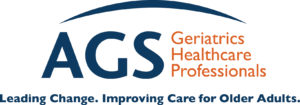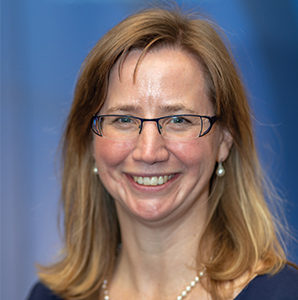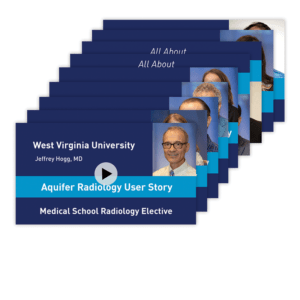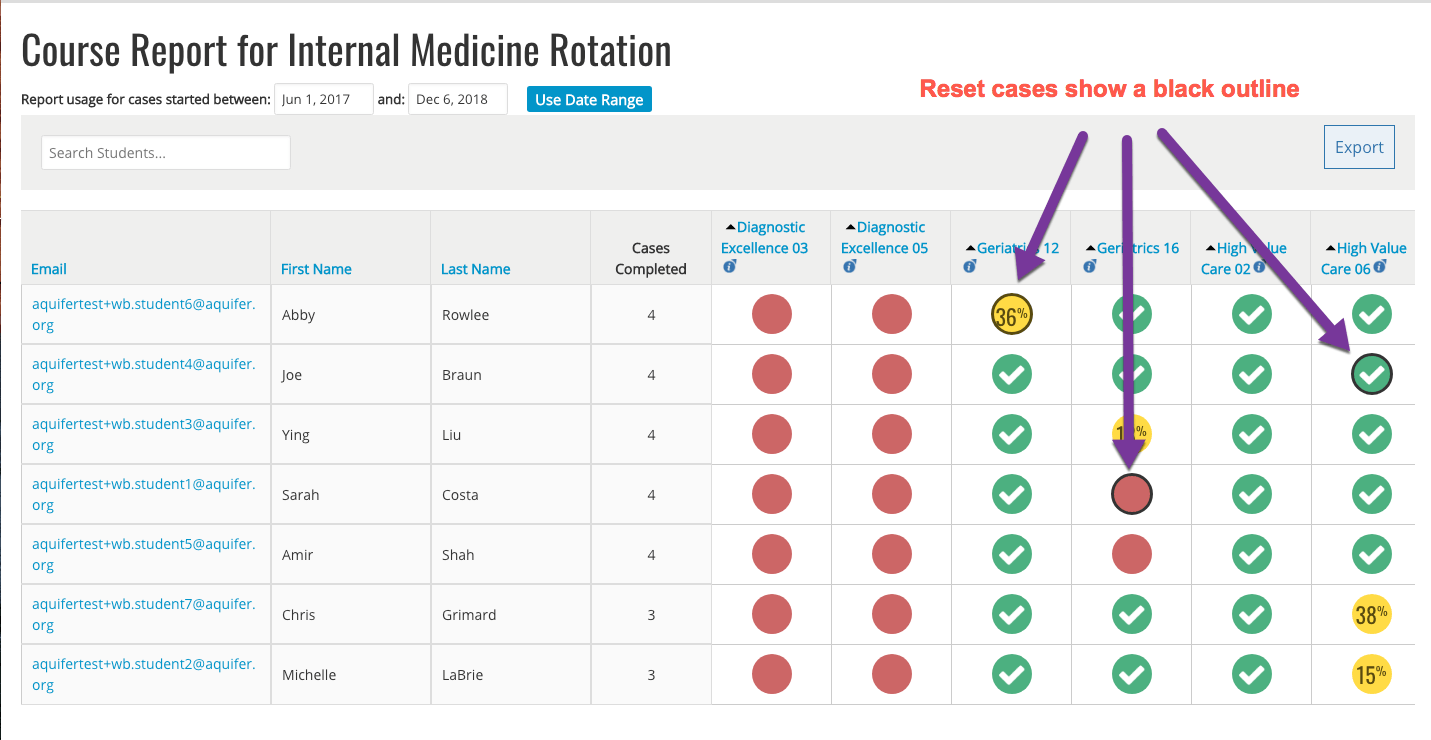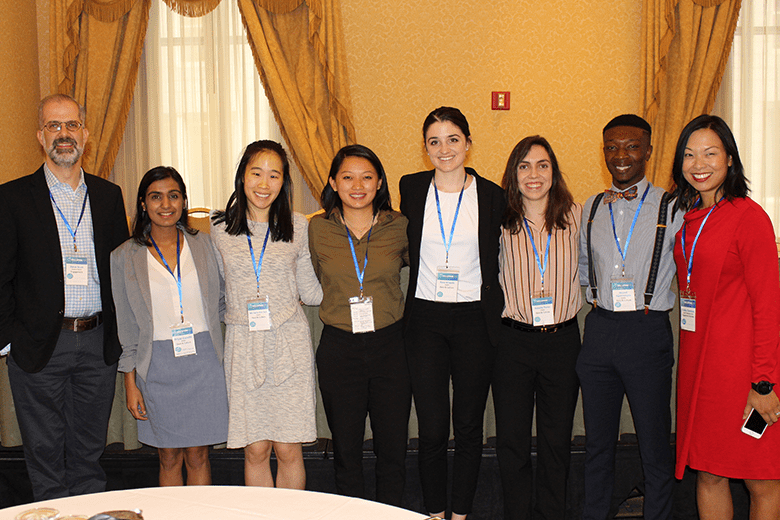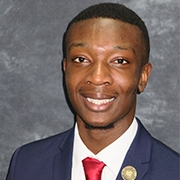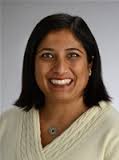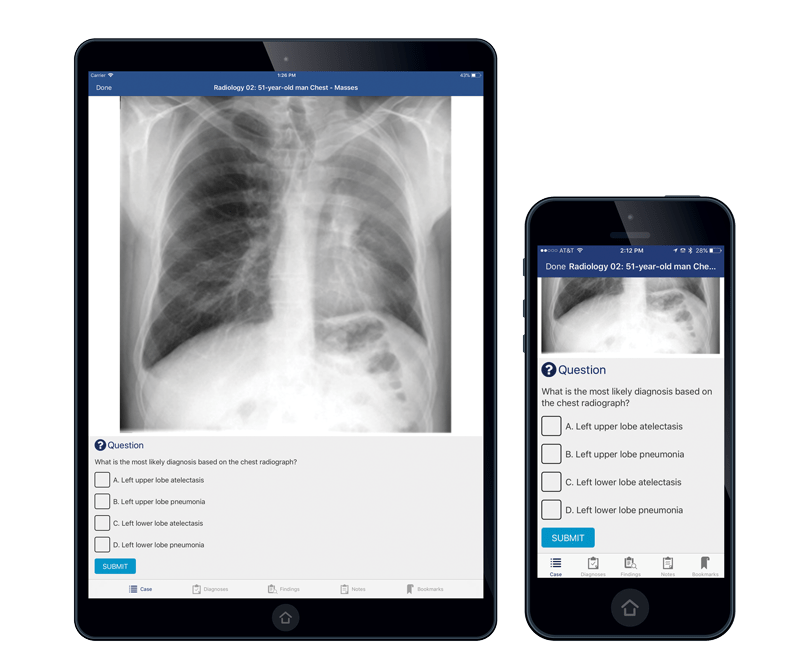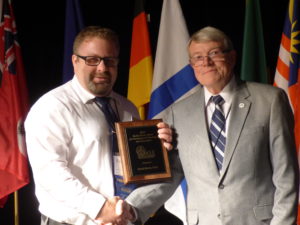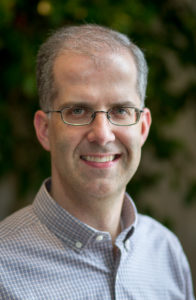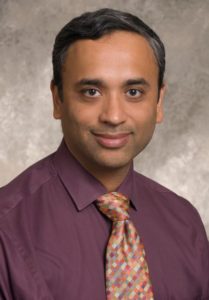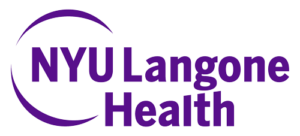
If you’re registered for STFM’s Medical Student Education Conference on February 1-4, 2021, be sure to catch our video presentations and join your colleagues from the Aquifer Family Medicine Board for a Zoom chat. We look forward to connecting with you at this year’s virtual meeting.
On-Demand Video Presentations
You don’t want to miss these presentations–block some time on your calendar to catch these recordings.
Aligning the National Clerkship Curriculum, the NBME, and Aquifer Family Medicine’s Learning Objectives for Enhanced Curricular Mapping
On-demand Video Presentation (21 minutes) – Sign in to watch with your STFM conference registration
Presentation OD63 under EPAs, LCME and OSCEs
This is a joint presentation between members of the Aquifer Family Medicine Course Board, a representative from the STFM National Clerkship Curriculum, and an STFM representative to the NBME. We presented about the alignment of the learning objectives and issues we have discovered in our curricular mapping.
Presenters:
- David Anthony, MD, M.Sc (Brown University, Aquifer Family Medicine Senior Director)
- Jason Chao, MD (Case Western Reserve University, Aquifer Family Medicine Assessment Lead)
- Katie Margo, MD (University of Pennsylvania, Aquifer Family Medicine Curriculum Lead)
- Annie Rutter, MD (Albany Medical College, STFM National Curriculum Editorial Board)
- Robert Hatch, MD (NBME Family Medicine Exam Task Force)
Coaching for the Development of Master Adaptive Learners
A workshop-turned-video
On-demand Video Presentation (30 minutes) – Sign in to watch with your STFM conference registration
OD94 under Preceptors: Recruitment, Retention, and Relationships
Explore how the Master Adaptive Learner Framework applies to clinical learning and how Aquifer’s formative assessment approach supports the development of mastery learning. We will demonstrate a coaching approach to facilitate a rich student-faculty dialogue and create personalized plans for mastery learning using real-world examples from Aquifer’s formative assessment.
Presenters:
- David Anthony, MD, M.Sc (Brown University, Aquifer Family Medicine Senior Director)
- Jason Chao, MD (Case Western Reserve University, Aquifer Family Medicine Assessment Lead)
- Sherilyn Smith, MD (University of Washington, Aquifer Chief Academic Officer)
- Leslie Fall, MD (Aquifer Chief Executive Officer)
Zoom Rooms: Connect with Your Peers
Monday, February 1: Anytime from 2:30-3:30pm CT (Direct Zoom Link)
Tuesday, February 2: Anytime from 2:30-3:30pm CT (Direct Zoom Link)
Can’t make those times but want to catch up? Contact us to set a quick meeting.
Drop-in to our “Conference Partners Meet and Greet” session and connect with members of the Aquifer Educators Consortium and our dedicated Aquifer staff to:
- Chat with your colleagues on the Aquifer Family Medicine Course Board
- Hear tips for improving your use of Aquifer Family Medicine (in the pandemic and beyond)
- Bring your questions on anything Aquifer (using the cases, assessment, how-to’s, etc)
- Hear the latest updates on our formative assessments for test-enhanced learning (pilot coming in 2022) and Aquifer Sciences Integrated Illness Scripts (available July 1 to Aquifer Curricular Partners)
Aquifer Family Medicine Course Board
Senior Director: David Anthony, MD, MSc (Brown University)
Curriculum Lead: Katie Margo, MD (University of Pennsylvania)
Teaching & Learning Lead: Elizabeth Brown, MD (University of Rochester)
Assessment Lead: Jason Chao, MD (Case Western Reserve University)
Associate Editors:
- Tomoko Sairenji, MD, MS (University of Washington)
- Martha Seagrave, PA-C (University of Vermont)
- Augustine Sohn, MD, MPH (University of Illinois)
- John Waits, MD (University of Alabama)
- Jordan White, MD, MPH (Brown University)


